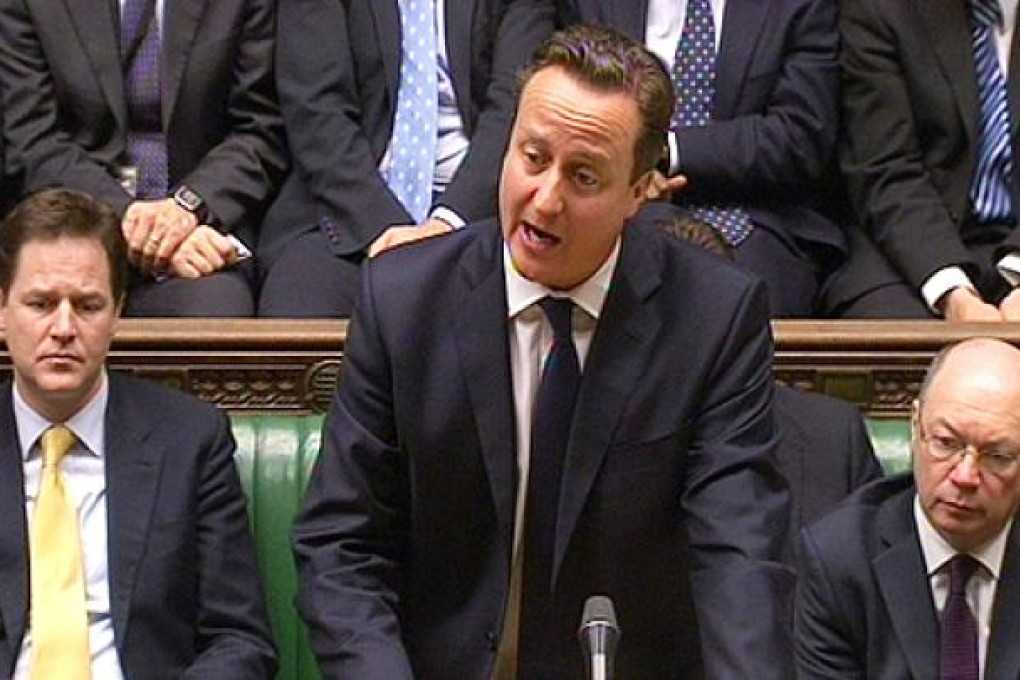Algerian army frees 650 hostages, including 70 foreigners
Sahara hostage holders make new threat

The Algerian army’s rescue operation has freed nearly 650 hostages, including around 70 foreigners, who had been seized by Islamist gunmen at the In Amenas gas plant, national media said on Friday.
“Nearly 650 hostages seized in the attack carried out on Wednesday by a terrorist group at the In Amenas gas complex, among them 573 Algerians and more than half of the 132 foreign hostages, were freed,” the APS news agency reported.
At least 22 foreign hostages were unaccounted for on Friday and their al-Qaeda-linked captors threatened to attack other energy installations after Algerian forces stormed a desert gas complex to free hundreds of captives, resulting in dozens of deaths.
With Western leaders clamouring for details of the assault they said Algeria had launched on Thursday without consulting them, a local source said the gas base was still surrounded by Algerian special forces and some hostages remained inside.
Thirty hostages, including several Westerners, were killed during the storming on Thursday, the source said, along with at least 11 of their captors, who said they had taken the site as retaliation for French intervention against Islamists in neighbouring Mali.
The crisis represents a serious escalation of unrest in North Africa, where French forces have been in Mali since last week to fight an Islamist takeover of the north, and strikes a heavy blow to Algeria’s vital oil industry, just recovering from years of civil war.